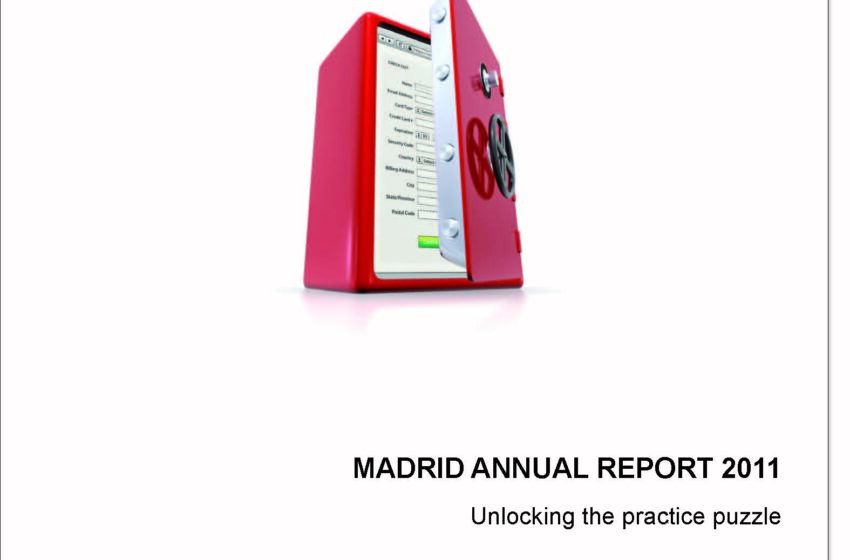Adding value by delegation – Hospital Clínic de Barcelona
The cutting-edge medical research undertaken by the Hospital Clínic de Barcelona is matched by the innovative approaches being taken to managing its legal issues
Como Director de Asesoría Jurídica y Secretario General del Hospital Clínic de Barcelona, Pablo Darna ha tenido que adaptarse a nuevos modos de gestionar las necesidades legales del hospital, creando un departamento jurídico capaz de añadir valor y con iniciativa propia.
As Chief Legal Officer and General Secretary of Hospital Clínic de Barcelona, Pablo Darna Galobart has had to embrace new methods of managing the hospital’s legal requirements. “We have created a legal department that is capable of delivering value not only by being efficient but also by knowing where we are or are not required,” he says.
Hospital Clínic was founded in 1906 as a teaching hospital although ownership was transferred to the Catalan Administration (la Generalitat de Catalunya) in 2007.
Operations are managed through two public hospitals and four primary care centres – three in Barcelona and another in Mozambique – as well as a private healthcare centre, Barnaclínic. Hospital Clínic performs biomedical research through six public and private foundations and operates the leading Transplant Services Foundation. It maintains R&D initiatives with entities including Siemens, Olympus, Lima and Smith&Nephew, and has an active technology transfer arm. The group now has an annual budget of €580m and 5,300 employees.
Darna Galobart joined in 2008 reporting directly to the CEO but with barely a team to lead. “When I arrived there was no centralised legal function and the few lawyers there were spent much of their time focused on non-legal issues. Consequently the Hospital was using 27 external law firms.”
The Legal Department now comprises six lawyers alongside three paralegals and other contract lawyers but the restructuring process is ongoing. Significant in undertaking what has become a three-phase process was the appointment in 2009 of Antonio Delgado as co-Director of Legal Services, he adds. “I realised that a dual-leadership structure would enable us to better manage the team and workload, to offer the coaching and support our lawyers required, and which would also double the capacity for keeping highly complex issues internally.”
The first stage of development involved the centralisation of the legal function bringing together internal and external resources and documentation, says Delgado. “We had to identify who were our clients and the reporting lines within the group structure as well as to assess our own capabilities – what skills we had, what we didn’t and what we needed.”
Non-legal functions were transferred to other more relevant departments including the creation of new processes and a distinct procurement team to manage the annual €200m budget that encompassed over 1,000 contracts. However the most immediate impact was a reduction down to five in the number of law firms used and a significant decrease in annual external spend.
The current phase is therefore one of consolidation. What Darna Galobart calls the “systematic due diligence” of the activities of the group to allow the legal department to concentrate on more bespoke and complex matters.
Significant has been the outsourcing of employment and tax advice and medical negligence matters, he says. “Too much time was spent on negligence issues so we established an agreement with our insurance company whereby an outside lawyer now represents us both – eliminating almost all our own overheads.”
The final stage will be to “de-lawyer” more functions undertaken by the legal team, says Darna Galobart. “We are now at the stage of encouraging the use of the model agreements, procedures and checklists we have developed.”
Each of the legal team now has six or eight core clients for whom they are the point of reference, supported by a dedicated business manager who helps review cases and track matters as they progress.
But the efforts to innovate continue. Darna Galobart and Delgado have agreed a “lawyers on demand” arrangement with a firm that contracts lawyers for specific tasks using the Hospital’s own precedent systems. Likewise, the use of freelance lawyers on a project basis, working either within the office or from home, has given them access to senior-level expertise.
“The Department’s mandate is to reduce hourly billing so we have looked to creative ways to fulfil our needs and to advertise our role as advocates for the Hospital,” says Darna Galobart. But there are additional advantages to being a non-profit organisation. “As a leading research centre we also now enjoy significant pro bono support from law firms who are keen to assist us for the visibility it gives them.”
Pablo Darna Galobart is the Chief Legal Officer and General Secretary of Hospital Clínic de Barcelona. Antonio Delgado is co-Director of Legal Services.
Subscribe now to receive your copy of Iberian Lawyer











